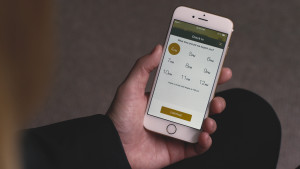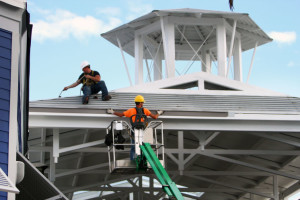At the Aloft Tampa Downtown hotel, guests can bypass the check-in desk in the lobby and go straight to their room — if they’ve downloaded the Starwood Preferred Guest app on their smartphone.
Author Archives: Justine88
Some local contractors haven’t been paid for work at Tampa Premium Outlets
What will fill the mall of the future? Probably not more department stores
Being a driver at Uber or Shipt isn’t all it’s cracked up to be, Tampa workers say
Jeff Loper was one of the original drivers who signed up for Uber when the app launched in Tampa Bay last year.
At first, it was easy to make money driving on the weekends when rates were $1.25 a mile and the number of drivers was relatively small.
But Loper says fares around Tampa Bay are now 90 cents a mile and there are dozens more drivers on the road competing for fares.
“I made $6 an hour last weekend. That’s less than half of what I was making last year,” said Loper, 63.
It’s easy to see why working as a driver for Uber or as a delivery person for Shipt would be a dream job for some people. You’re not stuck in an office. You’re kind of your own boss. You set your own schedule.
Indeed, hundreds if not thousands of people in the Tampa Bay area are working today as independent contractors for ride-sharing companies like Uber and Lyft or are delivering Publix groceries for Shipt. People who rent out rooms in their house through Airbnb also fall into this category.
But as many of these people are now finding out, there’s peril in becoming an independent contractor.
Read more here.




